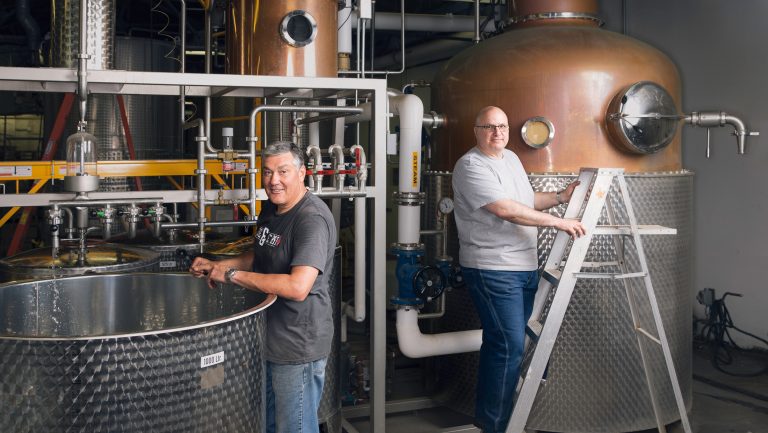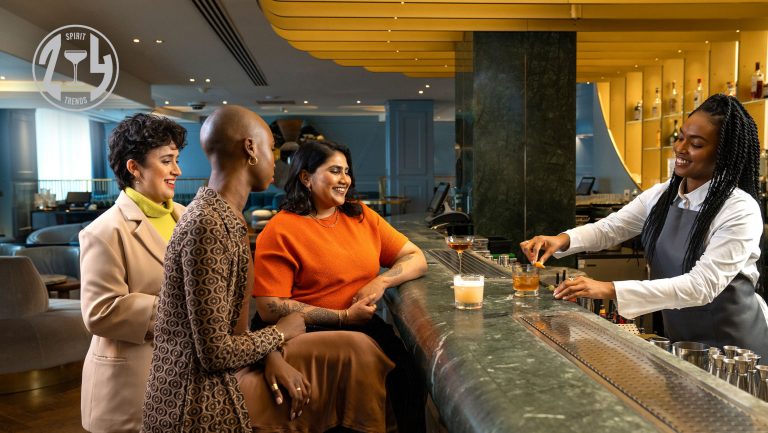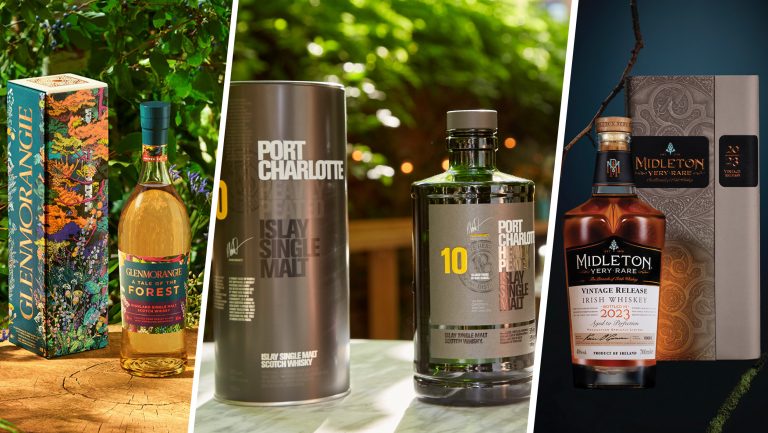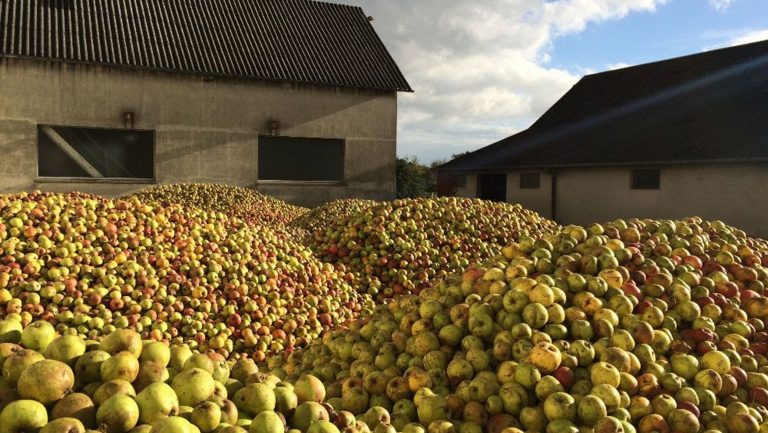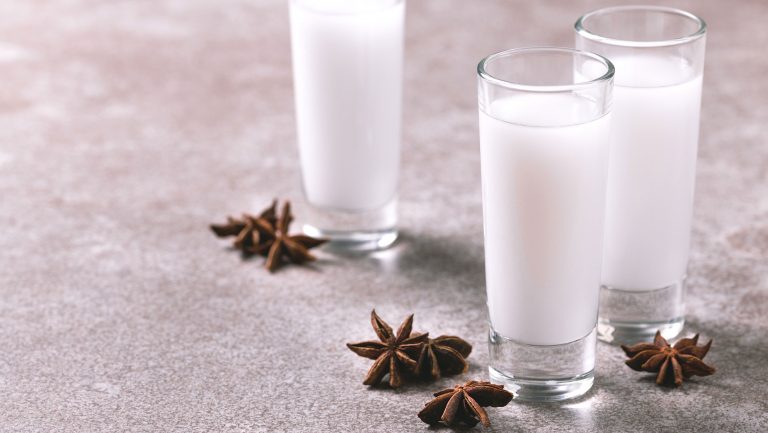Pennsylvania, the second state in the union, has the country’s fifth largest population, a long history of home distilling, and an embarrassment of natural resources: centuries-old apple orchards and vineyards, spring-fed mountain water, and fields of corn and grain. But since the repeal of Prohibition in 1933, the Pennsylvania Liquor Control Board’s strict regulations governing the production and sale of alcohol have stymied the local spirits industry. That this state has quietly become one of the nation’s top distilling hubs over the past five years is surprising, to say the least.
The shift started in 2011, when then governor Tom Corbett signed Act 113, legislation that made the distilling business easier and cheaper for upstarts. Before this act, distillers had to invest massively in both equipment and a large-enough inventory to meet the demands of the state’s single client, the PLCB-run Fine Wine & Good Spirits outlets. Now distillers can sell direct from the distillery—as well as from up to two satellite locations. Instead of tossed-together tasting rooms, many distilleries have added on-site cocktail bars that have become vibrant community hangouts. As long as they’re mixing their own spirits, the newly relaxed PLCB allows it.
Encouragingly, two bills are currently in the Pennsylvania House that, if passed, will make it even easier for Keystone State residents to buy liquor at privately owned stores, further eroding the PLCB’s grip on retail. As of last summer, wine can be purchased at retail in licensed supermarkets, bottle shops, and restaurants. Liquor, many think, could be next.

Don’t miss the latest drinks industry news and insights. Sign up for our award-winning newsletters and get insider intel, resources, and trends delivered to your inbox every week.
At last count, 66 distilleries have opened in Pennsylvania since 2011, turning out everything from applejack to turbinado rum to bourbon-style whiskeys. Here, a seven-county tour of recommended distillers in the state:
ALLEGHENY COUNTY: Wigle
In the 1790s the federal government imposed a so-called whiskey tax on all distilled spirits to help pay back debt from the Revolutionary War. Western Pennsylvania farmers who regularly distilled their surplus grain fought it, and their protests sparked what became known as the Whiskey Rebellion. One such 18th-century protesting distiller was Phillip Wigle, for whom the Meyer and Grelli families named the distillery they founded 220 years later. Since 2012, Wigle has created over 50 jobs in the Pittsburgh area. The company has an ambitious production schedule that runs more like a brewery than a distillery, with a portfolio of 30-plus products that range from sensational, award-winning bonded rye and all-wheat whiskey to an inland take on rum made with local buckwheat honey. But its game-changer creation is its thoughtful juniper bomb Ginever, one of the first new-school, American takes on genever.
ALLEGHENY COUNTY: Maggie’s Farm Rum
Many Pennsylvania craft distilleries tend to focus on whiskey or gin, but Tim Russell turned to rum when he founded Maggie’s Farm Rum in Pittsburgh in 2013—a move that was at first more about expediency and cash flow than spirit preference. “Frankly, no one else was doing it,” says Russell. “Wigle is down the street from us and had a year-and-a-half jump on an aged product. We knew we could better get away with white and spiced unaged rums, as opposed to unaged whiskey.” It proved to be a good move. Named Pennsylvania Distillery of the Year in 2014 and 2016 at the New York International Spirits Competition, Maggie’s uses turbinado sugarcane from Louisiana to make white, spiced, and molasses-y dark rums. The distillery’s best bottles come from the Queen’s Share line, made from redistilled “tail runnings,” the extra-aromatic leftovers of each distilling cycle.
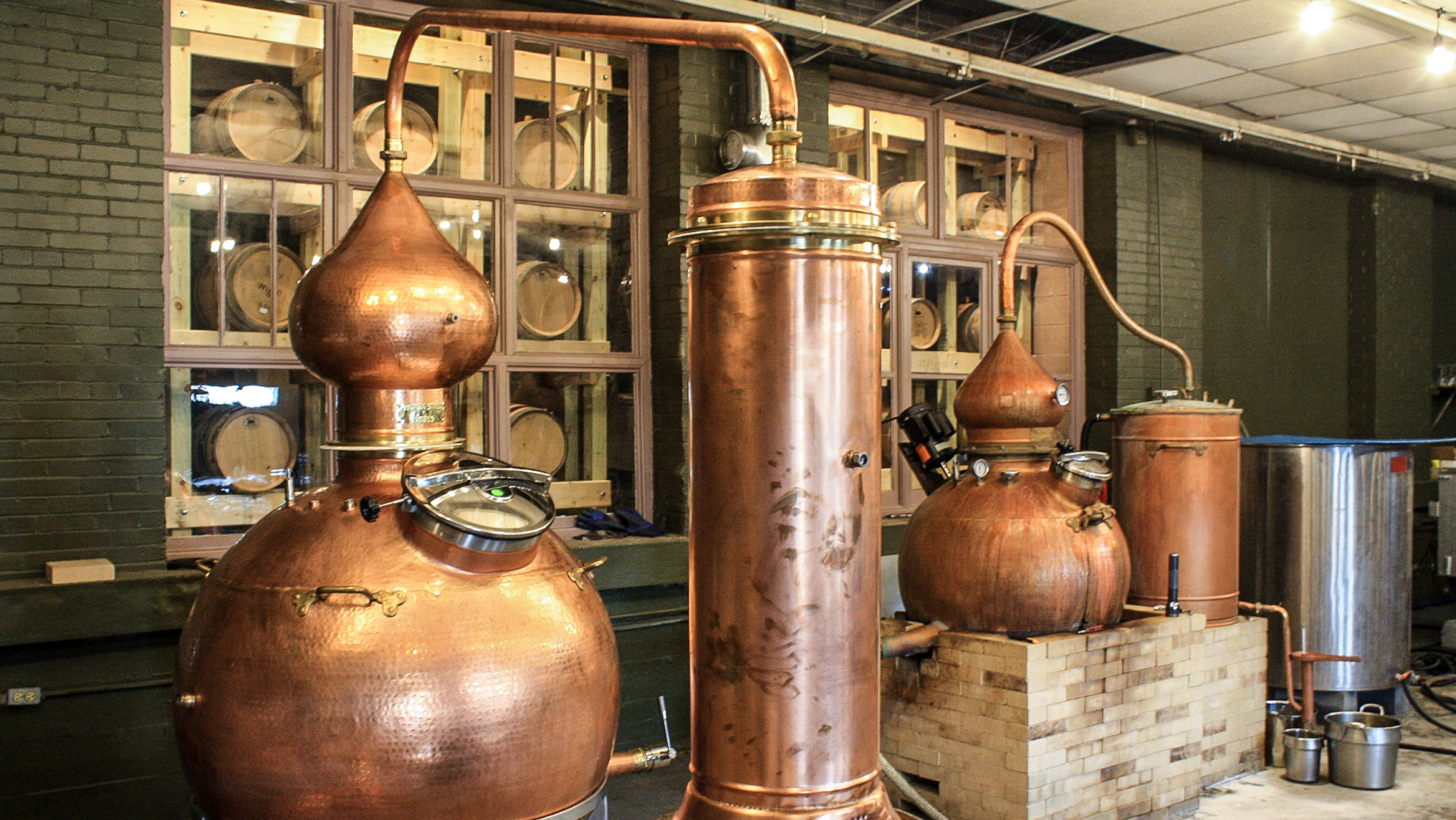
BUCKS COUNTY: Mountain Laurel Spirits
Bristol, Pennsylvania’s longtime claim to fame was the “Bristol Stomp,” a 1961 hit by local a cappella group the Dovells. But since 2010, the riverside town (a Philly suburb) has something else to brag about: Mountain Laurel Spirits. If that name doesn’t ring a bell, its brand, Dad’s Hat, will. Cofounder and distiller Herman C. Mihalich grew up in his family’s bar south of Pittsburgh on the Monongahela River, but he’s always had a connection to the east side of the state; his father was a devoted fan of the Stetson fedoras manufactured in Philadelphia—the genesis of the Dad’s Hat name. Mihalich and his cofounder, John S. Cooper, are regarded by many as Pennsylvania’s best rye whiskey producers; their velvety flagship rye won Whisky Advocate’s Craft Whisky of the Year award in 2015 and is widely available. Rarer specimens include the four-years-aged bonded rye, a piney, spicy distillery exclusive, and the gorgeous Port Finish, which has notes of roasted plums.
PHILADELPHIA COUNTY: Rowhouse Spirits
Half a dozen distilleries began bottling in Philly in the past couple of years, with much of the action concentrated in the city’s northeastern quadrant, by the Delaware River. Rowhouse Spirits, named for Philly’s iconic redbrick homes, is one such operation, noteworthy for its micro footprint and penchant for collaboration with other local artisans. Owner-distiller Dean Browne is entirely self-taught, having jumped from brewing beer for Philadelphia Brewing Company into the spirits game, and the spirits he produces are revelatory considering his relative newness to the field. His staple products (crisp white whiskey funky panela rum, luxuriously spiced gin) are worth sampling, but the most interesting stuff happens in less-traveled neo-distiller territory. You won’t ever want to serve a Black or White Russian again without Le Coeur Noir, Rowhouse’s coffee liqueur that uses beans from Browne’s neighborhood roastery, ReAnimator Coffee. And the Standard Amaro aged in used Dad’s Hat rye barrels is a brooding and herbal expression of the on-trend category.
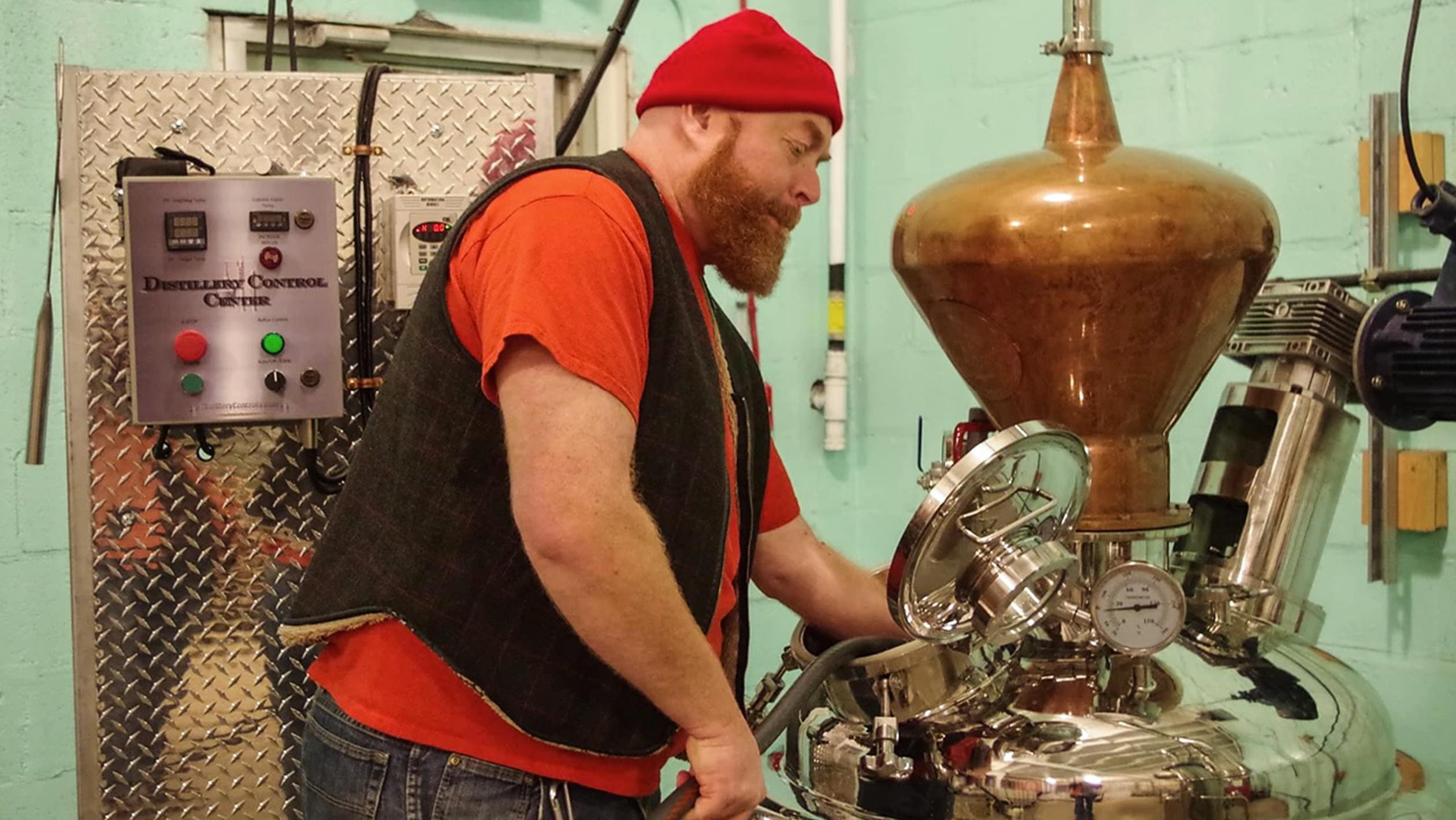
MONTGOMERY COUNTY: Boardroom Spirits
In Zsuzsa Palotas’s native Hungary, home distilling is a widespread art, but the former management consultant and her partners, husband Marat Mamedov and his brother, Vlad Mamedov, had no real experience in the industry when they set out to launch Boardroom. Through Palotas’s Hungarian connections, the partners hired a chemical engineer and a fermentation and distillation Ph.D. and ran a year of R&D in Europe before officially launching their Lansdale distillery last winter. Former baker and brewmaster Tim Mokes manages Boardroom’s imported Hungarian Hagyo Distilling copper system, a 120-gallon production still and a 27-gallon experimental still producing rum, gin, an American Distilling Institute Best in Category–winning–corn-based vodka, and a trio of additive-free flavored vodkas (cranberry, citrus, ginger). But the company’s breakout hits come from a new line of Eastern European–style eaux-de-vie. B, made from 100 percent distilled beets, launched last winter, while its follow-up, C (carrot), just cropped up for spring. Apple and pear are on deck for fall.
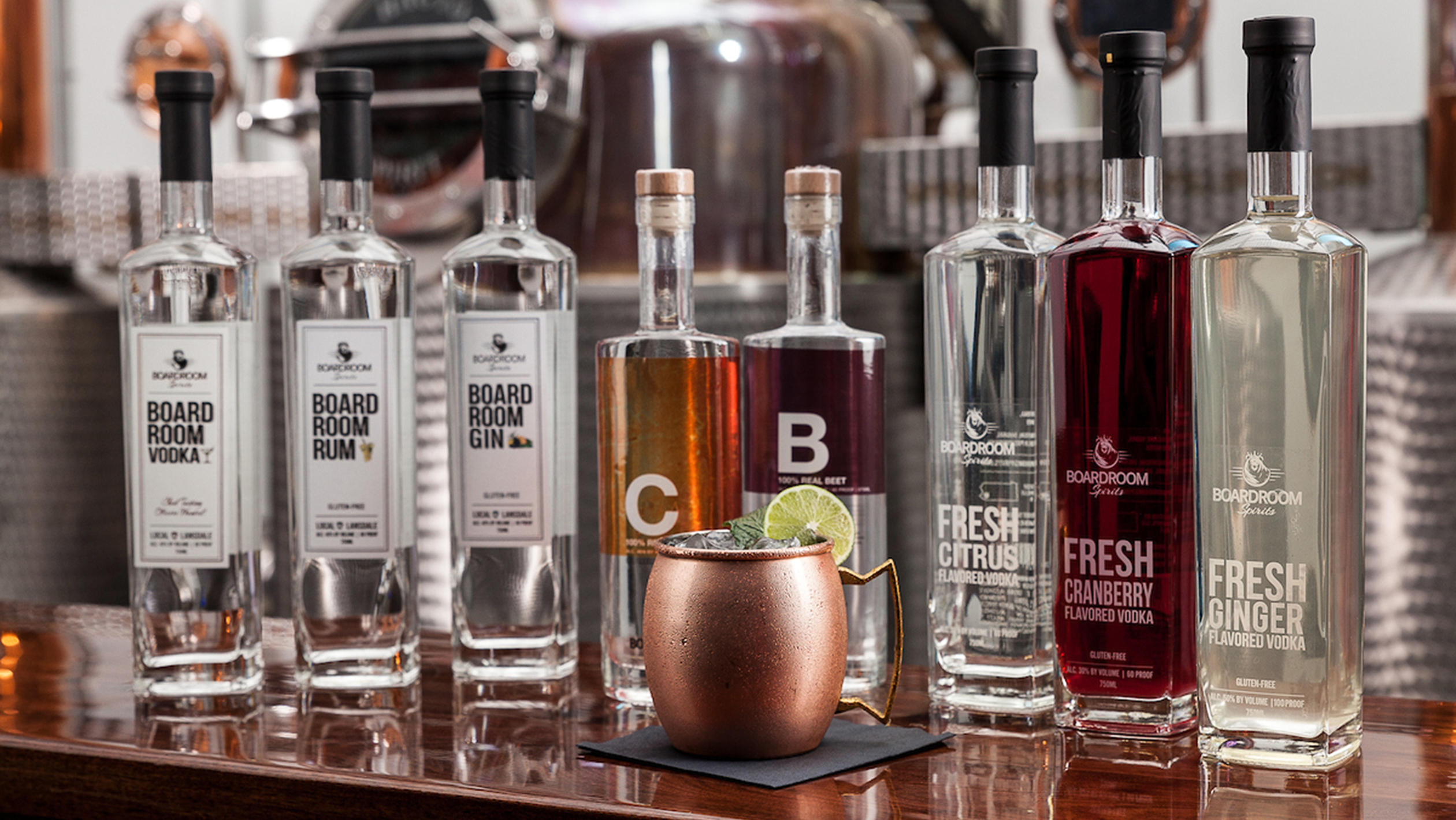
CHESTER COUNTY: Bluebird Distilling
Founder Jared Adkins left corporate America to jump into the spirits business in 2015, when he opened Bluebird, the first distillery in the city of Phoenixville, halfway between Reading and Philadelphia, near Valley Forge. He didn’t do it totally blind: Adkins had worked for Pepsi and Nestlé in high-speed bottling and engineering. He’s an ambitious home brewer, and he attended Chicago’s Siebel Institute of Technology before pitching family and friends on investing in a distillery. His father, a contractor, spent months renovating a sprawling former auto repair and laundry—abandoned for a decade—before the custom German Kothe still was installed. You’ll find an agreeable vodka, lemony gin, mellow rum, and rye, both white and aged. But the key player here is Bluebird’s Four Grain Bourbon Whiskey, distilled from a mix of American corn, rye, barley, and wheat. With only two years in barrel, it’s still young, but its precocious palate of lumber, toffee, and toast shows promise for the more mature bottlings to come.

INDIANA COUNTY: Disobedient Spirits
“Playing by the rules doesn’t work so well when there are different rules for different people,” begins the manifesto of Disobedient Spirits, a distillery in Homer City, a small town between Pittsburgh and Altoona. Founders Bob Begg and Bob Sechrist are the sons of an Army sergeant and a deer-hunting union electrician, respectively, who count Pussy Riot and the 1791 Whiskey Rebellion farmers as personal heroes. They channeled that resistance politics and belief in equality into the name of their distillery, and they themselves are disobedient spirits, as are the spirits they make, including vanilla-scented apple and blueberry brandies, cherry-infused white whiskey, and strawberry eau-de-vie made with fruit from the Amish Smicksburg farmers’ market. The best thing Disobedient produces is Shagbark Hickory Whiskey. Instead of aging the whiskey in oak, the distillers follow the Central Pennsylvania tradition of alternative wood maturation—in this case, hickory, which gives the spirit a sweet nuttiness that suggests toasted pecans.
LANCASTER COUNTY: Thistle Finch
In Pennsylvania Dutch country, the iconographic distelfink bird (a.k.a thistle finch) is so pervasive in local folk art that Andrew Martin used it as the name and mascot of the distillery he founded in 2013. Located in a historic former tobacco warehouse in Lancaster’s up-and-coming downtown, Thistle Finch produces vodka and gin, but rye whiskeys made with 90 percent Lancaster and Lebanon County grain are the focus. The stock is both bottled straight from the copper still as a subtly sweet, grassy white rye and rested two years or more (current report: 26 months) in charred oak, where it develops an earthy, smoky profile entwined with vanilla notes. There’s also a version rested with black peppercorns, which nicely ups the rye’s spicy backbone.

Dispatch
Sign up for our award-winning newsletter
Don’t miss the latest drinks industry news and insights—delivered to your inbox every week.
Adam Erace is an award-winning writer on food and travel who has contributed to more than 50 publications, including Travel + Leisure, Food & Wine, Businessweek, and Eater; the host of Food Network’s “Great American Food Finds”; and the owner of Green Aisle Grocery, a trio of gourmet markets in Philadelphia, where he lives with his wife, Charlotte, and two maniacal Chihuahua mixes.

